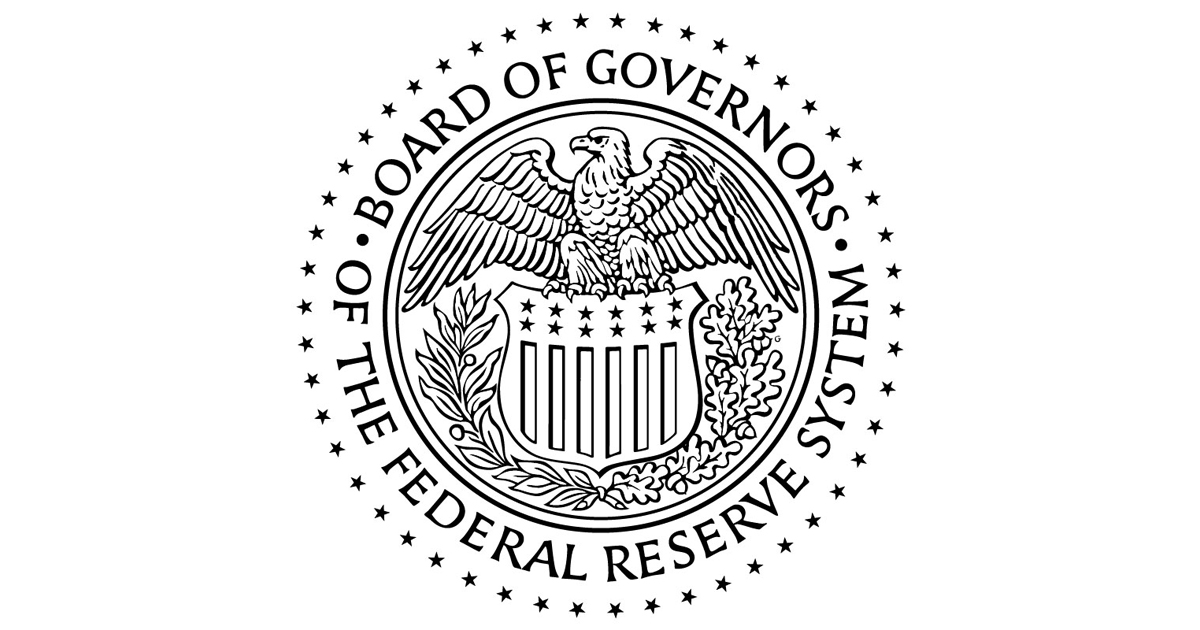I would say start a 529 plan and put in what you can. Once your kids are older and have a part time job, you can open a roth IRA and contribute up to what their taxable earnings are.
As far as college price increase, I don't think the rate you have calculated is a sustainable rate. The mantra that every kid has to go to college to get ahead has driven college tuition through the roof. Now there are millions of young people with mountains of college debt and degrees that don't get them a good paying job, while trade workers are bringing in 6 figures. The trend is shifting to more people going into trades vs college. Colleges aren't going to be able to charge whatever they want like they have in the past. This is all just my opinion of course.
Sent from my SM-G973U1 using Tapatalk
I would like to agree with you that it isn't sustainable, but previous generations have said the same and been wrong:
https://educationdata.org/average-cost-of-college-by-year#1950
I don't mind if my kid goes to a trade school. I want her to do something that she is good at, that she enjoys, and that makes enough to keep her secure. If trade school does that for her, cool. But currently the rate of women in trade schools is low. Like 2% low. I don't anticipate that changing, but if it does I think every plan I've looked at covers that as an eligible expense.
If trade school does prove to be increasingly popular, I see 0 reason to expect that tuition won't increase in line with what we've seen happen with college tuition.
The longer time frame you use the more you will be able to even out some of the anomalies that occur for a myriad of reasons. I personally think a 40 or 50 year timeline gives a better trend line.
So if I wanted to calculate increase in costs over a 50 year period and apply it to my problem (costs in roughly 18 years), I'm assuming it looks like this:
1. Determine today's cost (say $100 for a widget.)
2. Determine cost 50 years ago ($10 for a widget.)
3. Determine difference (100-10=90)
4. Determine percentage increase (900%)
5. Multiply times 1/N where N is number of years between number 1 and 2 (900(1/N=18)
6. Perform simple interest calculation using that number over a period of 18 years
If I understand correctly, that would mean that if a widget costing $100 today cost $10 50 years ago, then it would be correct to assume that in 18 years it would cost $424?
If so, then calculating tuition cost in 18 years using that method looks like:
1973 annual tuition cost = $1,600
2023 annual tuition cost = $11,520
Percentage increase = 620%
Average yearly increase = 12.4%
2041 annual tuition cost = $37,232.64
I may be 200% bass-ackwards on this. Been a long time since I sat through a math class.


